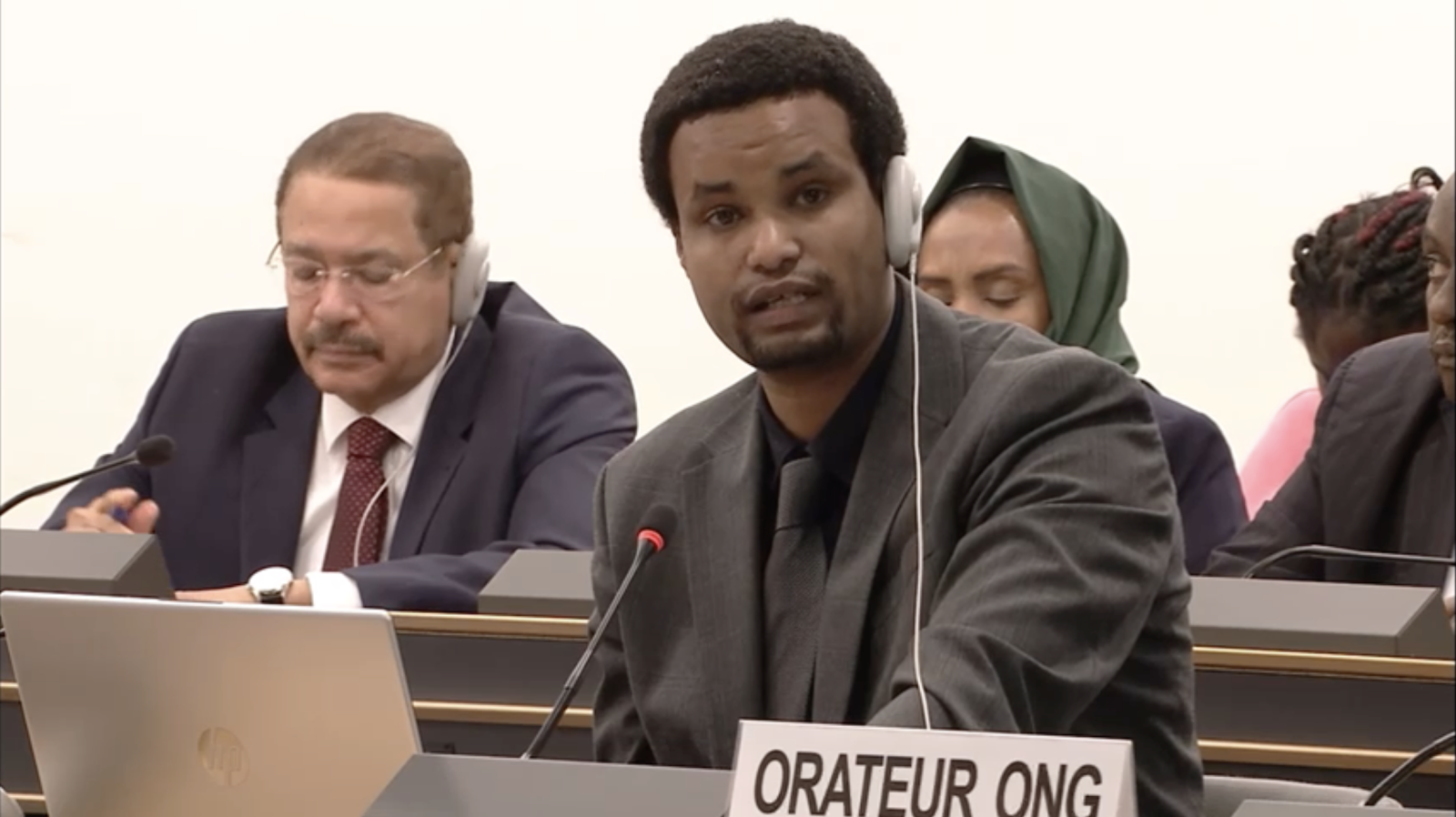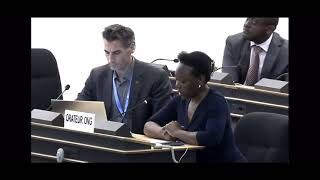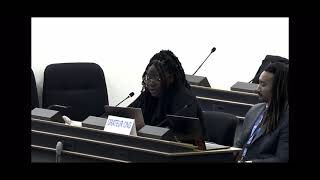The 60th Session of the United Nations Human Rights Council
8 September – 8 October 2025
Item 6: UPR Guinea-Bissau (25 September 2024)
Joint Oral Statement by the Union of Arab Jurists and Geneva International Centre for Justice (GICJ)
By Teboho Mosebo/ GICJ
Thank you
We note the efforts made by Guinea-Bissau in strengthening its legislative and regulatory framework for human rights by adopting several pieces of legislation.
The State's acceptance of 203 out of the 213 recommendations made during the third cycle of the Universal Periodic Review is a true reflection of cooperation and determination. Implementation is also encouraged as it is pivotal for improving human rights.
Notably, on 28 September 2009, a massacre of pro-democracy protestors occurred in Guinea, resulting in at least 150 deaths and brutal and sexual abuses of more than 100 women and girls. Although this was a horrible experience, we welcome the Court's ruling on July 2024, after decades of waiting. Also, the compensation for the victims of those atrocities will enable them to mourn their losses and begin the healing process.
Nonetheless, despite Guinea's efforts, we remain concerned by the numerous challenges and barries that continue to obstruct progress and efforts. These include:
The reports of continued curtailment of political and civil rights, including restrictions on freedom of speech, the press and assembly, and about instances of forced disappearances
Secondly, the large number of children exploited in economic activities, and the high rates of dropout from primary and secondary schools.
Lastly, maternal and child mortality.
To this end, the Union of Arab Jurists and the Geneva International Centre for Justice recommend:
Continued fights against enforced disappearances and support for Civil Society Organisations in order to promote a culture of free expression.
Improve healthcare systems and intensify efforts to reduce the prevalence of HIV/AIDS.
Lastly, stop child labour and continue the implementation of the National Education Plan to reduce high rates of dropouts.
Thank you.








